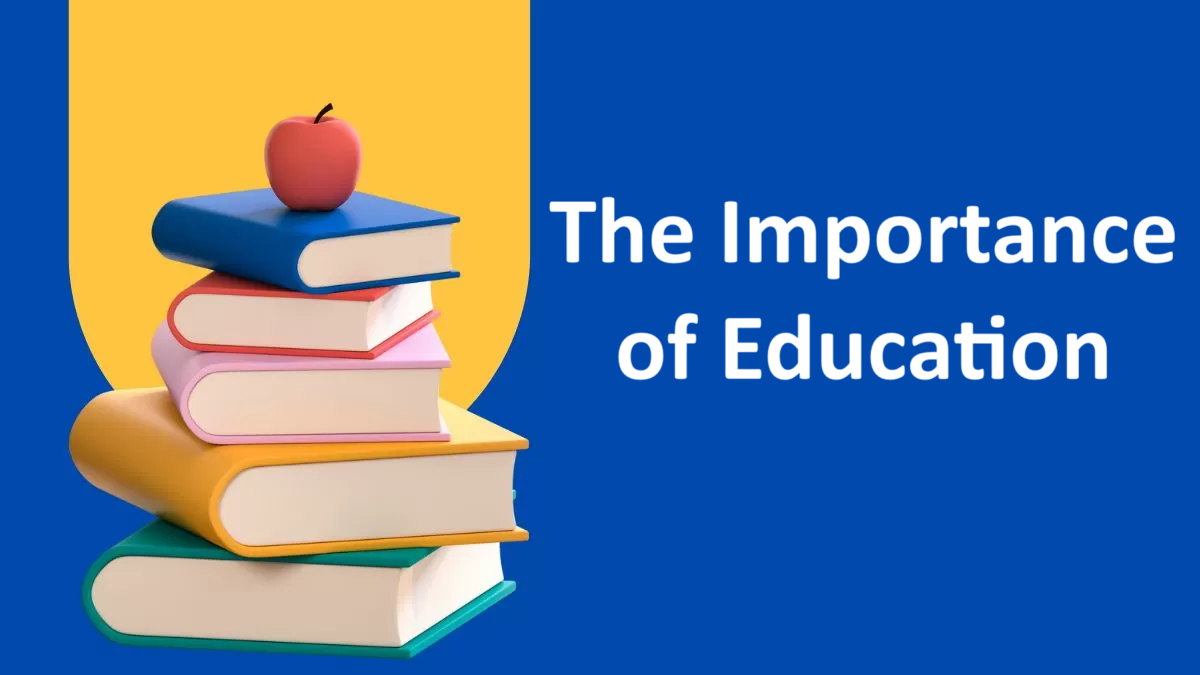AIM Uncovered
Exploring the latest insights and trends in technology and innovation.
Degrees of Difference: Why Traditional Education Doesn't Fit Everyone
Explore why traditional education may not suit everyone and discover alternative paths to success that embrace individual learning styles.
Exploring Alternative Learning Paths: Beyond Traditional Education
In today's rapidly evolving world, alternative learning paths are gaining traction as viable options for individuals seeking knowledge outside of traditional education systems. From online courses to vocational training, these paths cater to diverse learning styles and needs. For instance, platforms like Coursera and Udacity offer a plethora of courses spanning various disciplines, allowing learners to set their own pace while acquiring in-demand skills. Additionally, mentorship programs and apprenticeships provide hands-on experience, bridging the gap between theory and real-world application, and making it an attractive choice for many.
Moreover, exploring alternative educational approaches such as self-directed learning or community-based initiatives can enhance personal growth and development. Many individuals have found success through Khan Academy, which offers free resources for learners of all ages, emphasizing the concept that education is not confined to traditional classroom settings. By leveraging technology and community support, learners can create their own customized educational journeys, discovering new interests and honing their skills outside of the conventional framework.

The Case for Non-Traditional Learning: What Works for You?
The world of education is evolving, and many are discovering the benefits of non-traditional learning methods. Unlike the conventional classroom setting, these alternatives allow individuals to tailor their educational experience to their unique needs and preferences. For instance, Edutopia highlights various approaches such as online courses, experiential learning, and community-driven initiatives that can enhance understanding and retention. By leveraging technology and unconventional strategies, learners can engage with materials in ways that resonate more deeply with them, fostering a more enjoyable and effective learning process.
Moreover, non-traditional learning accommodates diverse learning styles and schedules, making education more accessible for everyone. Whether it's through self-paced online courses or immersive workshops, the choice becomes a powerful tool in the hands of the learner. It's essential to explore what works best for you, as non-traditional learning can unlock opportunities that standardized education often overlooks. Engaging with different forms of learning not only enriches knowledge but also empowers individuals to take charge of their educational journeys.
Is Traditional Education Holding You Back? Discover Your Learning Style
Is traditional education holding you back? This question resonates with many learners who feel constrained by conventional teaching methods. While traditional schooling has its merits, it often fails to accommodate diverse learning styles. For instance, visual learners may struggle with auditory lectures, while kinesthetic learners might find it hard to absorb information through reading alone. Recognizing and embracing your unique learning style can empower you to take charge of your education, tailoring it to fit your needs and preferences.
There are several distinct learning styles, including:
- Visual Learners: Prefer using images, graphs, and charts to understand concepts.
- Auditory Learners: Excel when information is delivered through listening.
- Kinesthetic Learners: Learn best through hands-on experience and real-world applications.
By understanding your personal learning style, you can adapt your study techniques and utilize resources that resonate with you. To explore more about the significance of identifying your learning style, consider reading this insightful article that discusses how diverse approaches to learning can enhance your educational journey.